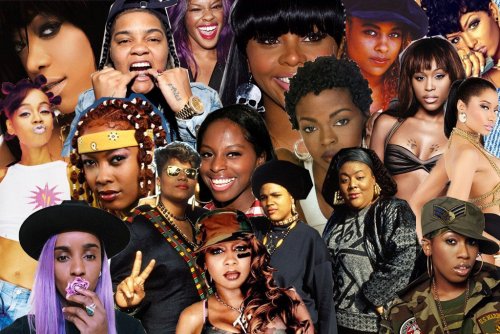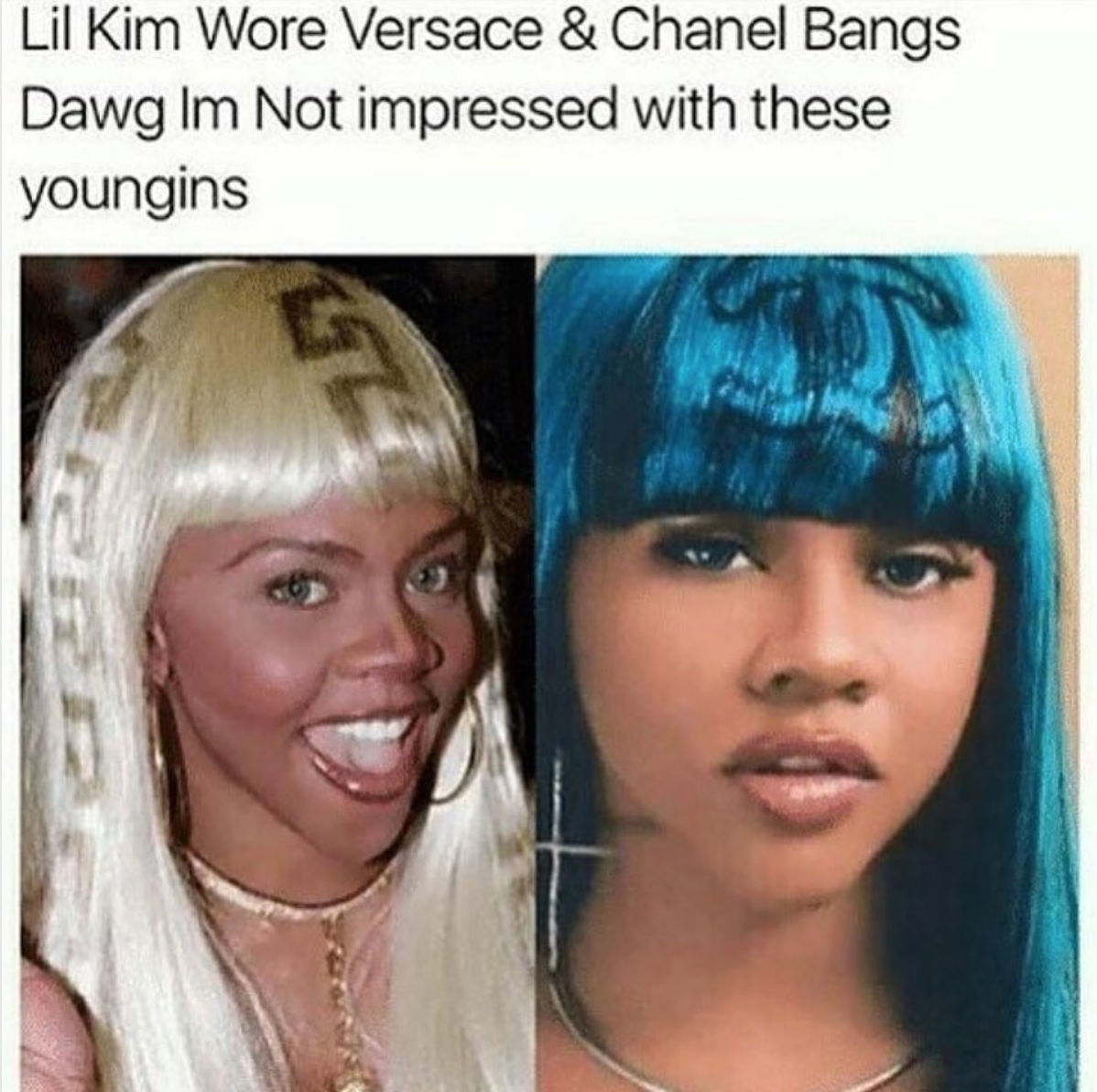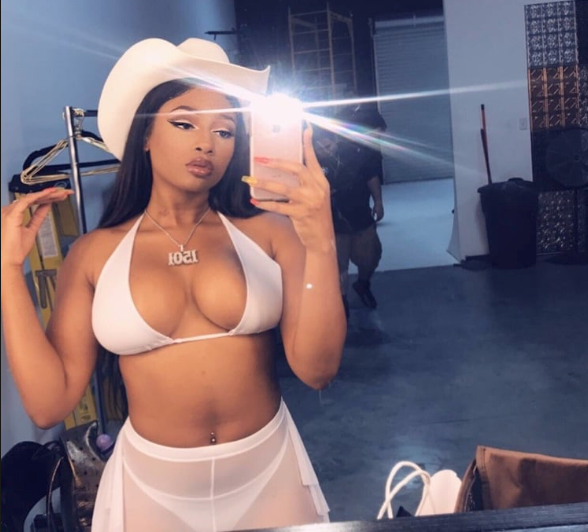The phrase “females” is word drenched in disrespect, but “female rappers” provides a seemingly necessary differentiation, a question on the latter’s place in Hip-Hop’s lexicon demands a discussion.
The word “female” in reference to human women, is simply not it. The adjective, which has transformed into a “bronoun” as described by rapper Le1f, has a stench to it. Firstly, “female” reduces a person to biological anatomy, making it inherently transphobic. Also, when men say “females,” it feels as if there’s a disconnect and the respect that every person should be entitled to, is missing. The term was present during Jermaine Dupri’s recent interview with People-yes, the one where he disrespected an entire collective of hardworking artists.Dupri lightly sighed and said “females?” after the hosts asked who his favorite woman in Hip-Hop was. Only the hosts didn’t say “woman in Hip-Hop.” They said females, too. And that’s the issue.
In 2012, during one of the BET Hip-Hop Awards’ cyphers, South African rapper Jean Grae started her verse with the line “2012, stop saying femcee.” Four years later, The Source published a piece detailing the importance of the word, saying “...naysayers claim the term takes away from the important contributions women have made to the genre and makes them seem less important than male artists by putting them in separate categories. Others approve of the colloquial nickname and see it as a form of empowerment. Why wouldn’t female rappers want to be associated with the other trailblazers of the femcee movement?” It’s confusing - there are times when one would want it to be clear that they are exclusively referring to the women of the genre and “femcee,” a less cringeworthy, yet still uncomfortable version of “female rapper” gets the job done. But what do you do when “female rapper” is a tactic used to subtly attack all of the successful women, past and present?
Law professor, Seiberling Chair of Constitutional Law, and Gender and Law editor Professor Tracy A. Thomas, penned an essay calling for the demise of the word “females” in reference to women in 2017. She wrote, “[l]inguists have long documented the innate misogyny of slang, where thousands of disparaging terms for women have proliferated over the years, with scant male equivalents. Indeed, the Oxford English Dictionary (OED) lists “female” as a disparaging term for men...since 1400 [A.D], female has occasionally been used to describe one’s mistress, which which could be seen as pejorative — as a sex object.” By that logic, “female rappers” has a sexual undertone to it, even when a particular woman’s content is not about sex. Women simply don’t have the luxury of subverting sexualization, making Dupri’s comment about all modern women rapping about the same thing that much more off. Not only is it not true, but it indicates the way women are seen as carbon copies of another, for no reason other than existing and making music.
The sexualization of women who make rap music was evidenced in Rick Ross’ 2017 interview with popular radio show The Breakfast Club. When asked by Angela Yee if he would be interested in signing a female rapper to Maybach Music Group, Ross responded with, “[y]ou know, I never did it because I always thought like I would end up f-----g the female rapper..[and] f-----g the business up...You know, she looking good and I’m spending so much money on her photoshoots...I gotta f--- a couple times,” with laughter interrupting him more than once. It was a disturbing series of remarks, which were met with backlash, followed by an apology. The damage was already done though, and women were made privy to the types of thoughts and conversations had regarding them, when all they’re doing is taking care of their business.
Another issue with the usage of “female rapper” is that it often reinforces the idea that women are naturally less skilled than men. It’s the same “you’re good, for a girl” thinking that men somehow have warped and meant to replicate a compliment. Even at the phrase’s birth, which can be attributed to battle rapper Roxanne Shante, there was misogynoir (coupled with ageism). As stated, it’s become a part of women’s vocabulary, too, doing the dastardly work of internalized misogyny so sneakily that some don’t even know the implications behind the word “female”. Saying that someone is your favorite female rapper means that they’re not talented enough to just be your favorite rapper. They need a header, to let others know that they beat out their gender, but not their competition at large.
So where does that leave us? How do we let people know that we’re just talking about women who rap, while laying “female rapper” to rest? I’ve said it, you’ve said. I know that people will continue to say it. Not even out of contempt, but because it’s ingrained in people’s minds and has been for over three decades. But, it has served its purpose, and if the distinction must be made, there are other ways to say it. There’s no need for dramatic performance art meant to formally bury the word. We can just move forward and let the women behind the mic do their thing, and respect them while they’re doing it.

































